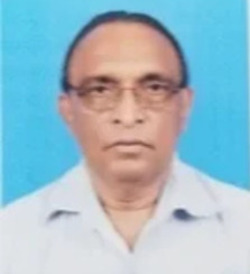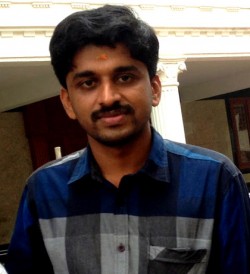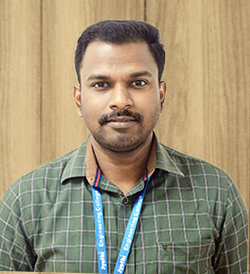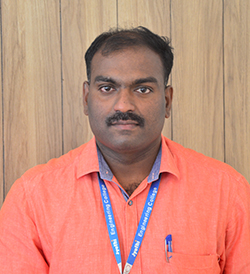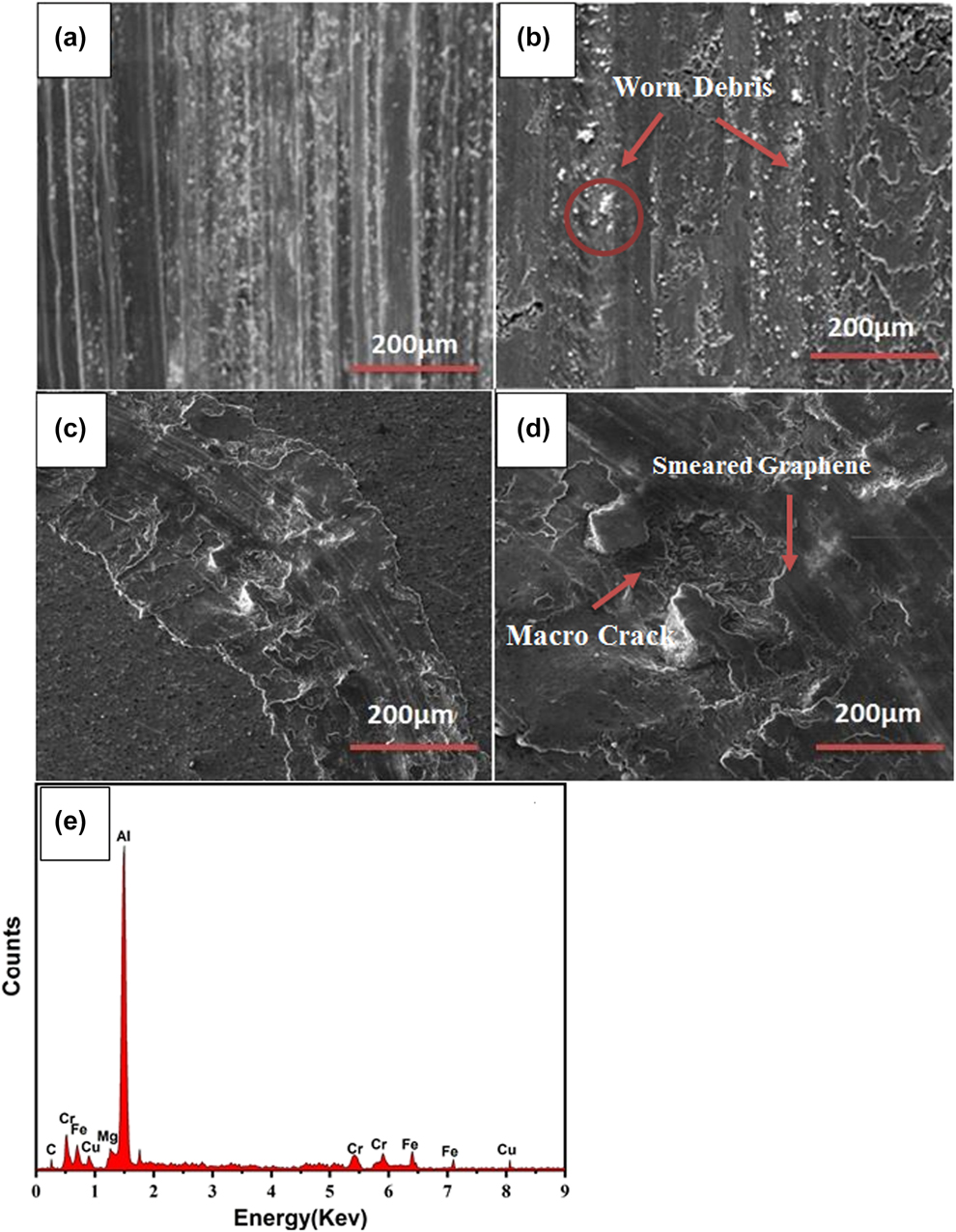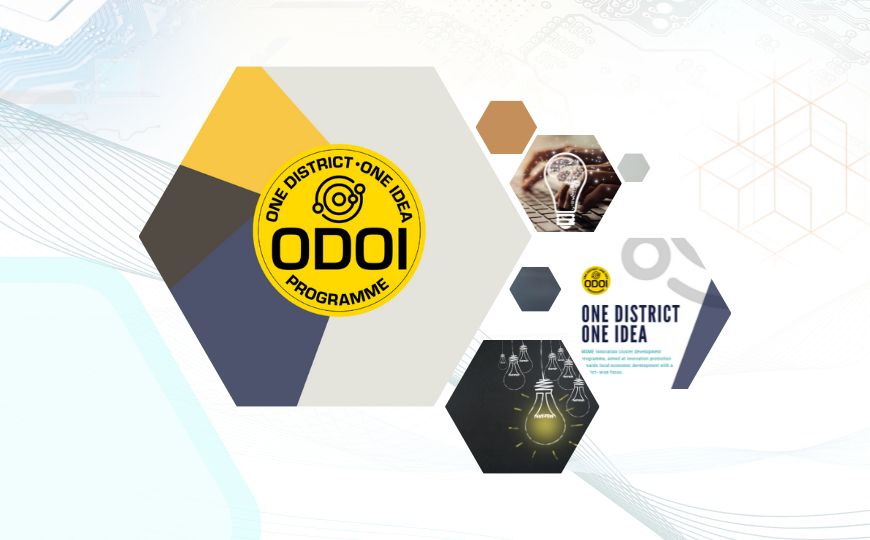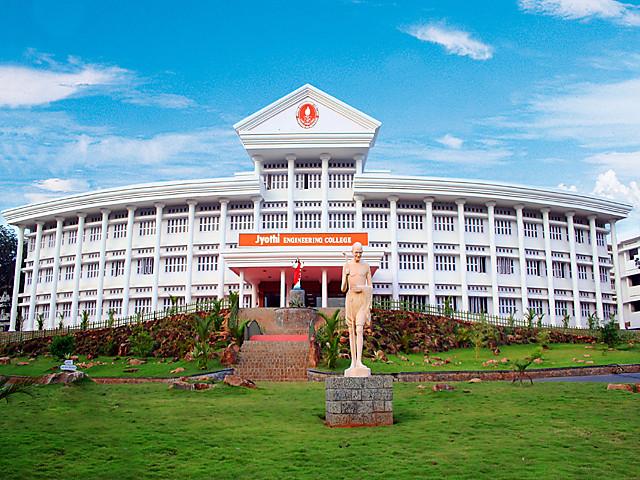
15 Years
Experience
// About Us //
Jyothi Centre for Research & Development
Jyothi Centre for Research and Development dedicates itself in creating sustainable research and product development ecosystem by collaborating with industry and research organizations with main focus on producing entrepreneurs and innovators with hands-on experience in solving real-world problems research and development. We believe that collaborative research and development activities play vital role in empowering the teachers and instructors to provide and demonstrate practical examples in classroom for better understanding of the concepts. We encourage our faculty members and researchers to take up an industry-oriented projects that focus on direct research and/or software development in any particular research problem. Our institution provides full-pledged infrastructure and platform to the faculty members and students to understand, contribute to, and succeed cutting-edge research product development on a broad range of science and engineering topics. We also commit to provide infrastructure to incubate the startups and companies.
